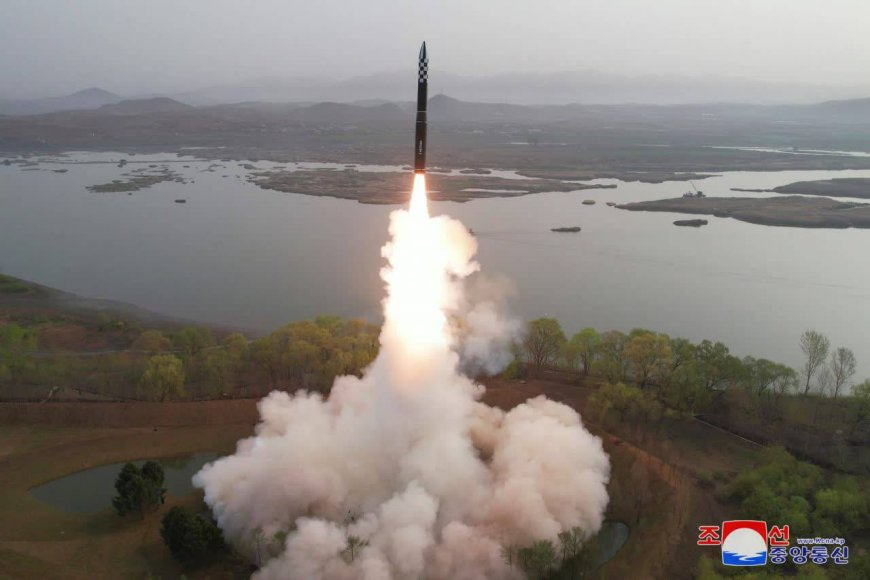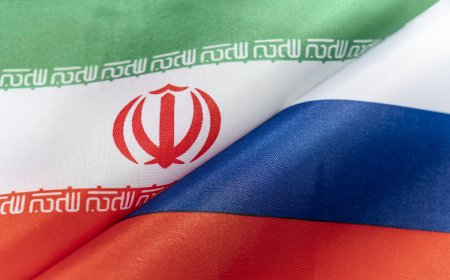Brewing Tensions in East Asia: Is the Korean Peninsula on the Brink of Nuclear War?
In the complex history of East Asia, the Korean Peninsula has been plagued by tensions for nearly seven decades. What was once an integrated entity has now become divided into two distinct countries: North Korea and South Korea, due to the divisive policies adopted by external powers.

Recent years have witnessed sporadic episodes of tension in the region, but a glimmer of hope emerged with the ascension of Kim Jong Un. It was hoped that the resolution of disputes between the Koreas would lead to a reduction in tensions and pave the way for a peaceful trajectory. Unfortunately, with the recent escalation of tensions, this promising dream has been pushed to the periphery of geopolitical imaginations.
North Korea, armed with atomic weapons as the ultimate deterrent capability, finds itself in a position of perceived strength. On the other hand, South Korea, acutely aware of its vulnerability, has sought détente with the United States, but with little success.
Meanwhile, Russia, amidst its conflict with Ukraine, has shifted its focus towards North Korea as a potential source of military equipment. By cultivating ties with Pyongyang, the Kremlin aims to procure weapons for its beleaguered army at a relatively modest cost. Simultaneously, North Korea, ever the opportunist, would benefit from importing necessities from Moscow, a lifeline that has been arduous to sustain under the weight of UN sanctions. However, this tacit support of Russia's war efforts by North Korea carries indirect consequences, exacerbating tensions with the United States and South Korea. After all, any party aiding Washington’s adversaries swiftly finds themselves on the White House’s blacklist of hostile nations.
Furthermore, China, historically the primary supplier of North Korea's needs, wields significant influence over its eastern neighbor's policies. Beijing's sway over North Korea is such that it effectively shapes Pyongyang’s stance on matters of war and peace. In light of rising global tensions, China seems to be utilizing the Korean Peninsula to contain the allies of the United States, namely Australia, Japan, and South Korea. By diverting attention from the Russia-Ukraine conflict, China aims to gain an advantageous position, bolstering its own interests and those of its main ally, Russia.
Lastly, Japan, engaged in a long-standing feud with North Korea over Tokyo's historical colonialism, has experienced a surge in tension with its northern neighbor in recent years, as exemplified by military maneuvers. In an effort to enhance its defenses, Japan has significantly increased its military budget, aligning itself with its new national security strategy. This strategy involves a planned increase in defense spending with the aim of reaching 2% of GDP by 2027, thus mirroring NATO's established defense spending pattern. The alliance between South Korea and Japan, as the United States' principal allies in East Asia, against the backdrop of China and North Korea, has formed a formidable front. North Korea, well aware of this alliance, has recently unveiled new nuclear weaponry, further fueling the desire of Japan and South Korea to acquire more potent armaments.
In summary, the trajectory of tensions in East Asia demands grave concern. The governments of North and South Korea find themselves entangled in a web of political interference from neighboring states and Western powers. Moreover, differing interpretations of national interests have further exacerbated the rift between these two nations. Today, the Korean Peninsula, situated as a buffer zone between Eastern and Western powers, teeters on the precipice of potential civil strife, contingent upon the machinations of international events orchestrated by the Western bloc.













































